Accessible Global Governance
More than one billion people in the world live with some form of disability (World Health Organization/World Bank, 2011). This means that nearly 15 percent of every country's population has some form of disability. Many persons with disabilities organize their policy advocacy through Disabled Persons Organizations (DPOs), including their engagement with the United Nations system.
While the movement toward multistakeholder participation in global governance processes has opened opportunities for civil society engagement, many believe it has not fully enabled persons with disabilities to participate in the UN system; therefore, limiting the impact of DPOs on international decision-making processes, with the notable exception of the UN Convention on the Rights of Persons with Disabilities (CRPD) and DPO participation in the annual Conference of State Parties (COSP) to the CRPD. Outside of the annual COSP to the CRPD, multiple factors may limit the ability for persons with disabilities to participate in global governance processes.
Purpose:
The purpose of this study is to better understand the factors that enhance or limit the participation of Persons with Disabilities in the UN system and broader global governance processes.
Methodology:
The methodology for the study is a three-phase, simultaneous mixed-methods design. It includes qualitative methods (i.e. interviews, focus groups, participant observation, and content analysis) and quantitative methods (i.e. surveys and social network analysis). Participants for all phases are drawn from a stratified, purposive sample, as well as a snowball sample.
Multistakeholder participants include: disabled persons organizations' leaders, UN officials, government officials, intergovernmental organizations, private sector representatives, and other civil society groups selected to ensure representation across the UN system as well as regional and stakeholder balance.
Findings:
Published in December 2018, this final report presents the findings of the “Accessibility in Global Governance” study. This study was a sequential mixed-methods design, with two complementary phases.
This study provides empirical lens into the current participation of persons with disabilities within the U.N. System and other key international forums, and highlights the interventions required to enable persons with disabilities to participate equally in global governance and international decision-making processes.
Accessibility in Global Governance - Phase One Final Report (PDF)
Preliminary findings from Phase I of this study were presented at the Side Event "Participation of Persons with Disabilities in the UN System and Broader Global Governance Processes" at the Eighth Conference of States Parties to the UN Convention on the Rights of Persons with Disabilities (COSP-8) in June 2015, and at the Side Event "Towards Full Inclusion of Disabled Persons in the 2030 Sustainable Development Goals and Global Governance Processes" at the UN General Assembly Sustainable Development Goals Summit in September 2015.
Operationalizing findings and recommendations from Phase I of the Global Study was presented as a keynote presentation at the Side Event "Challenges and Opportunities for Accessible Global Governance: Enhancing Participation for Persons with Disabilities" at the Ninth Conference of States Parties to the UN Convention on the Rights of Persons with Disabilities (COSP-9) in June 2016.
Accessibility in Global Governance - Phase Two Preliminary Draft Report (PDF)
This report was prepared as a contribution to the 10th Conference of States Parties to the UN Convention on the Rights of Persons with Disabilities, 13-15 June 2017. It discusses the results of the first global survey of organizations involved in disability rights advocacy carried out by the Institute on Disability and Public Policy (IDPP) at American University with the support of The Nippon Foundation. This survey constitutes Phase II of IDPP’s “Accessibility in Global Governance” study and its development was informed by several subject matter expert interviews carried out in Phase I of this project1. The survey questionnaire covered four key areas in global governance and was completed by 123 organizations from 51 different countries in all regions of the world between the months of September and October 2016.

